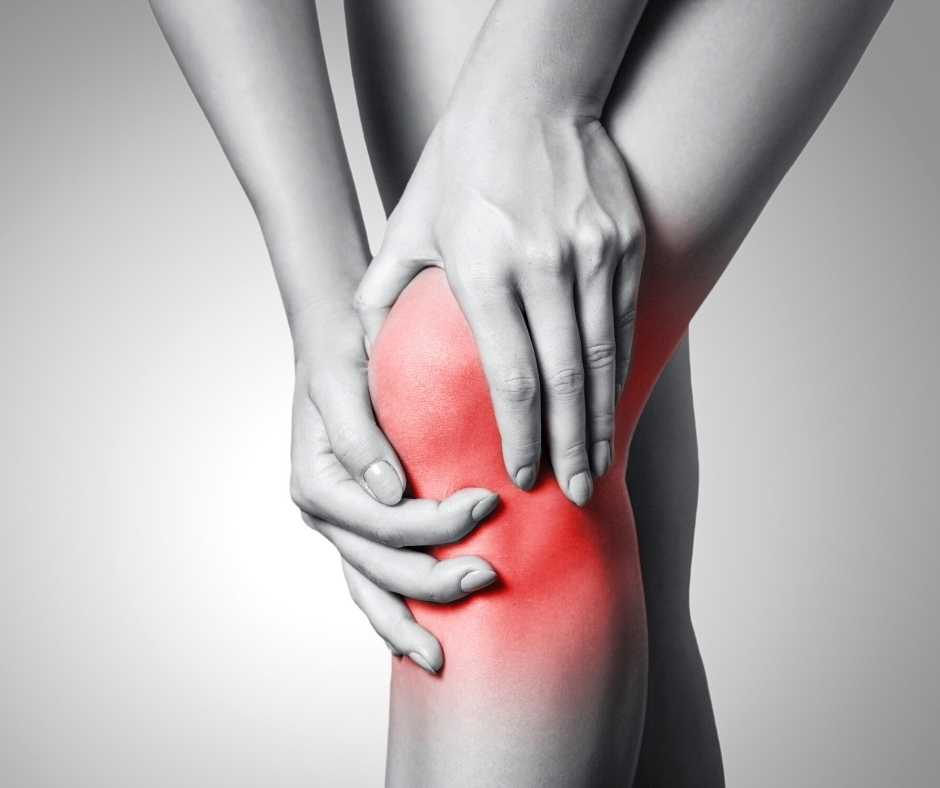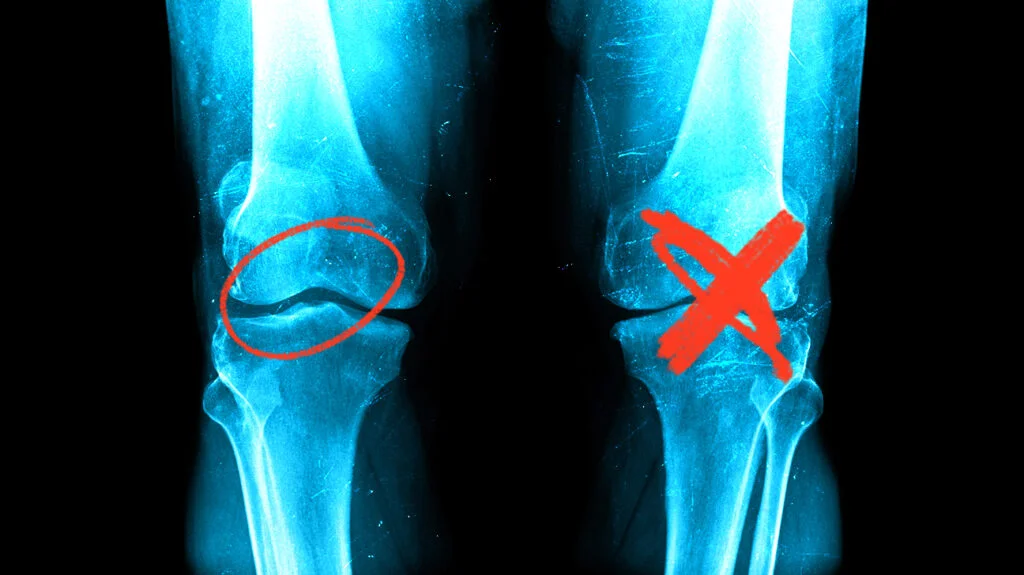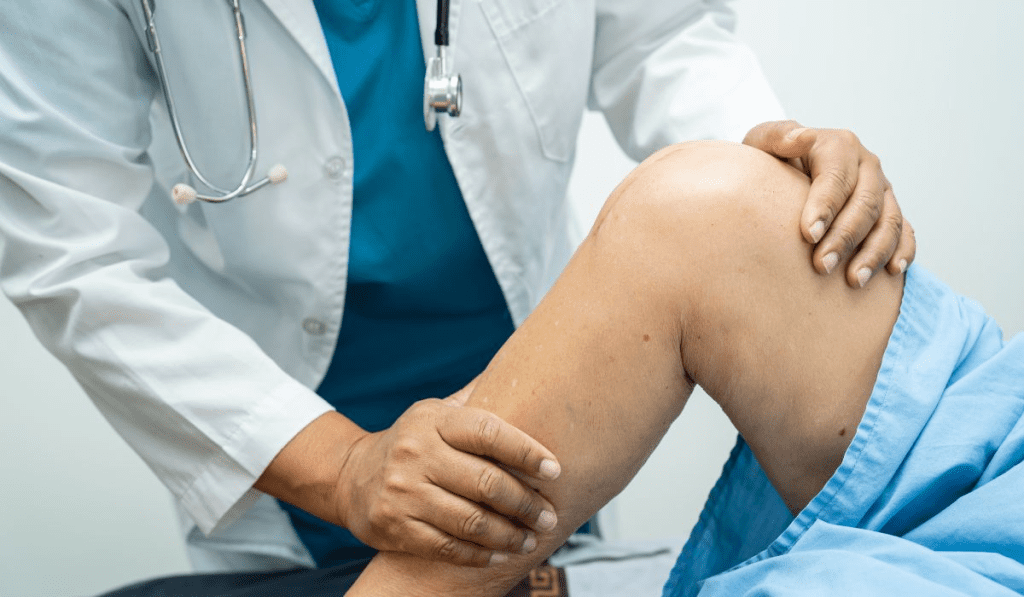Joint stiffness can be a frustrating and often painful experience that affects people of all ages. Whether it’s caused by arthritis, injury, overuse, or simply sitting for too long, the discomfort can limit your mobility and impact your quality of life. If you’re looking to manage joint stiffness without relying on painkillers, there are plenty of natural, effective strategies you can adopt to find relief.

Understanding Joint Stiffness and Its Causes
Joint stiffness typically occurs when the movement of a joint is restricted, accompanied by sensations of tightness or discomfort. Common causes include:
- Arthritis: Conditions like osteoarthritis and rheumatoid arthritis are leading culprits.
- Inactivity: Prolonged periods of immobility can make joints stiff.
- Injuries: Sprains, strains, and other injuries can cause temporary stiffness.
- Aging: Wear and tear over time often leads to reduced joint flexibility.
Understanding the underlying cause is essential for selecting the most effective natural remedies.
Dietary Changes to Support Joint Health
What you eat can significantly impact joint health. Incorporating anti-inflammatory and nutrient-rich foods can help alleviate stiffness and promote mobility.
Anti-Inflammatory Foods
Foods that fight inflammation are key to reducing joint discomfort. Include the following in your diet:
- Fatty Fish: Salmon, mackerel, and sardines are rich in omega-3 fatty acids, known to reduce joint inflammation.
- Leafy Greens: Kale, spinach, and broccoli are packed with antioxidants and vitamins.
- Berries: Blueberries, strawberries, and raspberries contain compounds that fight inflammation.
Foods to Avoid
Reduce or eliminate processed foods, sugary snacks, and trans fats, as they can trigger inflammation and worsen joint stiffness.
Stay Hydrated
Proper hydration helps maintain joint lubrication, allowing smoother movement. Aim to drink at least eight glasses of water daily.

The Role of Exercise in Reducing Joint Stiffness
Regular movement is one of the most effective ways to combat joint stiffness. Exercise improves circulation, strengthens muscles, and enhances flexibility.
Low-Impact Exercises
- Swimming: The buoyancy of water supports your joints while providing resistance to build strength.
- Walking: A gentle, weight-bearing activity that promotes circulation and keeps joints moving.
- Cycling: Improves mobility without putting too much strain on joints.
Stretching and Flexibility
Stretching exercises, like yoga and tai chi, improve flexibility and help maintain a full range of motion. Spend a few minutes each day stretching to keep your joints supple.
Strength Training
Strengthening the muscles around your joints provides additional support and reduces strain, which can alleviate stiffness over time.
Natural Supplements for Joint Support
If you’re considering natural remedies, certain supplements can help reduce inflammation and promote joint health.

Glucosamine and Chondroitin
These compounds, naturally found in cartilage, can help reduce pain and improve joint function. They’re commonly used for managing arthritis-related stiffness.
Turmeric
Turmeric’s active ingredient, curcumin, is a powerful anti-inflammatory agent. Adding turmeric to your meals or taking it as a supplement can help ease joint stiffness.
Omega-3 Fatty Acids
Available in fish oil supplements, omega-3s are known to reduce inflammation and improve joint health.
Note: Always consult a healthcare provider before starting any new supplement to ensure it’s safe for you.
The Benefits of Physical Therapy and Targeted Stretching
Working with a physical therapist can provide tailored solutions for joint stiffness.
Personalized Exercise Plans
A physical therapist can design a regimen that targets your specific areas of stiffness, ensuring safe and effective results.
Manual Therapy
Techniques like massage and joint mobilization can improve circulation, reduce stiffness, and promote healing.
Stretching Techniques
Guided stretching routines help maintain flexibility and prevent stiffness from worsening.

Alternative Therapies for Joint Relief
Alternative therapies can complement your natural remedies for joint stiffness.
Acupuncture
This ancient practice involves inserting thin needles into specific points on the body to relieve pain and improve joint function.
Massage Therapy
Massage increases circulation, relaxes tense muscles, and reduces stiffness around joints.
Chiropractic Care
Chiropractic adjustments can improve alignment and reduce pressure on affected joints, offering relief from stiffness.
The Impact of Stress on Joint Health
Stress might seem unrelated to joint stiffness, but it can have a significant impact. When stressed, your body releases cortisol, a hormone that can increase inflammation and exacerbate joint discomfort.
Stress Management Techniques
- Mindfulness Meditation: Reduces cortisol levels and promotes relaxation.
- Deep Breathing Exercises: Helps release muscle tension.
- Yoga: Combines stress relief with stretching and flexibility.
Prioritizing stress management can help you maintain better overall joint health.
Lifestyle Adjustments for Long-Term Relief
Adopting a few simple lifestyle changes can go a long way in preventing and managing joint stiffness.
Maintain a Healthy Weight
Carrying excess weight puts added pressure on your joints, especially in the knees and hips. Losing even a small amount of weight can make a significant difference.
Ergonomic Adjustments
Whether at work or home, ensure your environment supports proper posture and reduces strain on your joints. Use ergonomic chairs and keyboards, and avoid repetitive motions that can exacerbate stiffness.
Stay Active
Avoid long periods of inactivity. If you’re sitting for extended periods, take breaks to stretch and move around to keep your joints flexible.
When to Seek Professional Help
While natural remedies can be highly effective, there are times when professional intervention is necessary.
Red Flags to Watch For
- Severe or worsening pain
- Significant swelling
- Reduced mobility that affects daily activities
In these cases, consult a healthcare provider to rule out underlying conditions like rheumatoid arthritis or osteoarthritis.
Conclusion: Embrace Natural Remedies for Better Joint Health
Joint stiffness doesn’t have to limit your life. With a combination of dietary changes, regular exercise, stress management, and natural remedies, you can improve your joint health and reduce discomfort—all without relying on painkillers.
Consistency is key, so stick to these natural approaches and give your body the time it needs to heal and adapt. With patience and dedication, you can enjoy greater mobility and a better quality of life.


